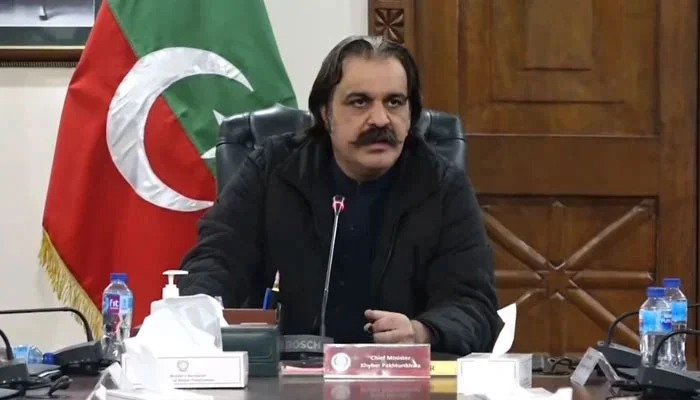Such a perspective overlooks the complex dynamics between terrorism, illegal activities, and political corruption. The Director General of Inter-Services Public Relations (DG ISPR) has previously emphasized the comprehensive efforts required to manage the Pakistan-Afghanistan border effectively, highlighting the necessity for coordinated action across various levels of government and security agencies.
By distancing the provincial administration from the responsibility of addressing cross-border threats, the Chief Minister’s stance not only undermines the significance of a unified approach but also raises concerns about the provincial leadership’s commitment to safeguarding its citizens. The assertion that the military alone should handle such issues neglects the essential role that provincial authorities play in intelligence gathering, community engagement, and implementing preventive measures against the infiltration of extremist elements.
Furthermore, the entanglement of terrorism with illegal activities and political corruption necessitates a holistic strategy. Terrorist networks often exploit weak governance structures, and without the provincial government’s active participation in countering these threats, efforts to establish lasting peace and security are likely to falter.
It is imperative for the provincial leadership to recognize that combating terrorism and ensuring border security require a collaborative approach, integrating military operations with robust civil governance. Only through such synergy can the multifaceted challenges of the region be effectively addressed, ensuring the safety and prosperity of its people.
In conclusion, the Chief Minister’s remarks reflect a narrow and potentially detrimental view of the province’s role in national security. A reevaluation of this stance is crucial, fostering a more integrated and responsible approach to countering the complex web of threats that jeopardize the region’s stability.


